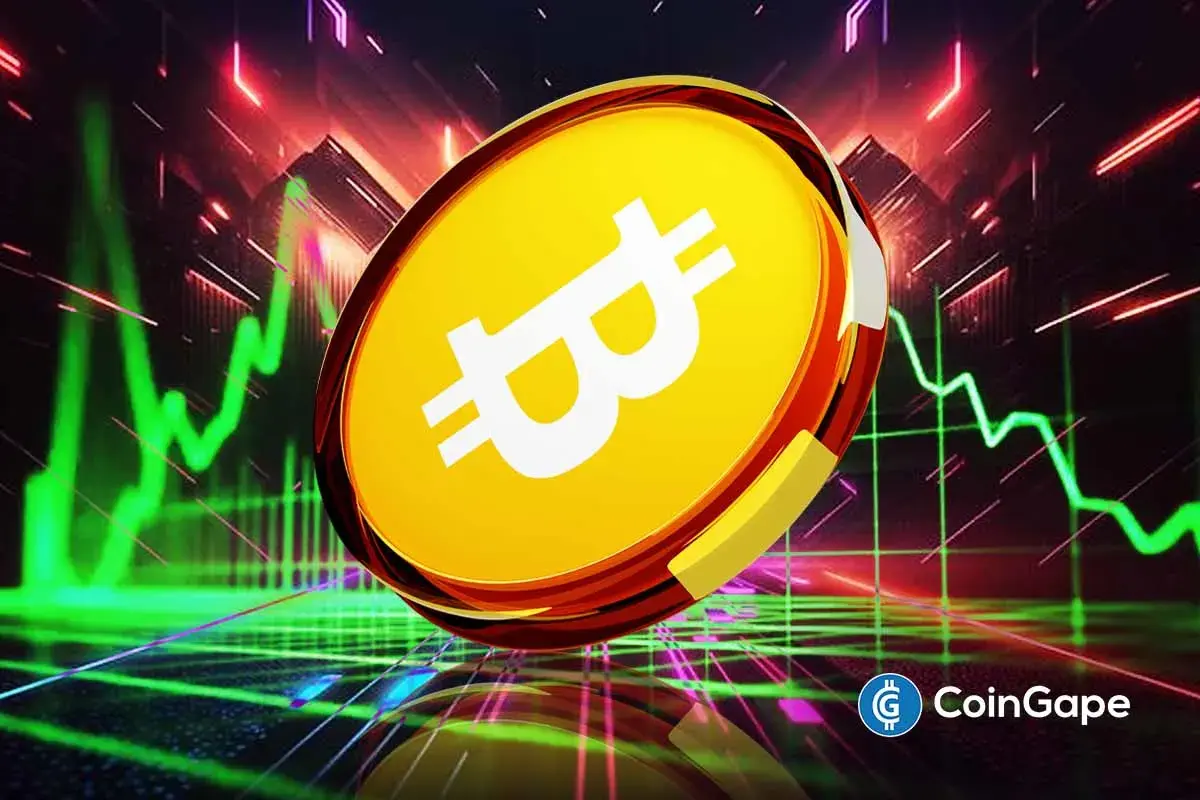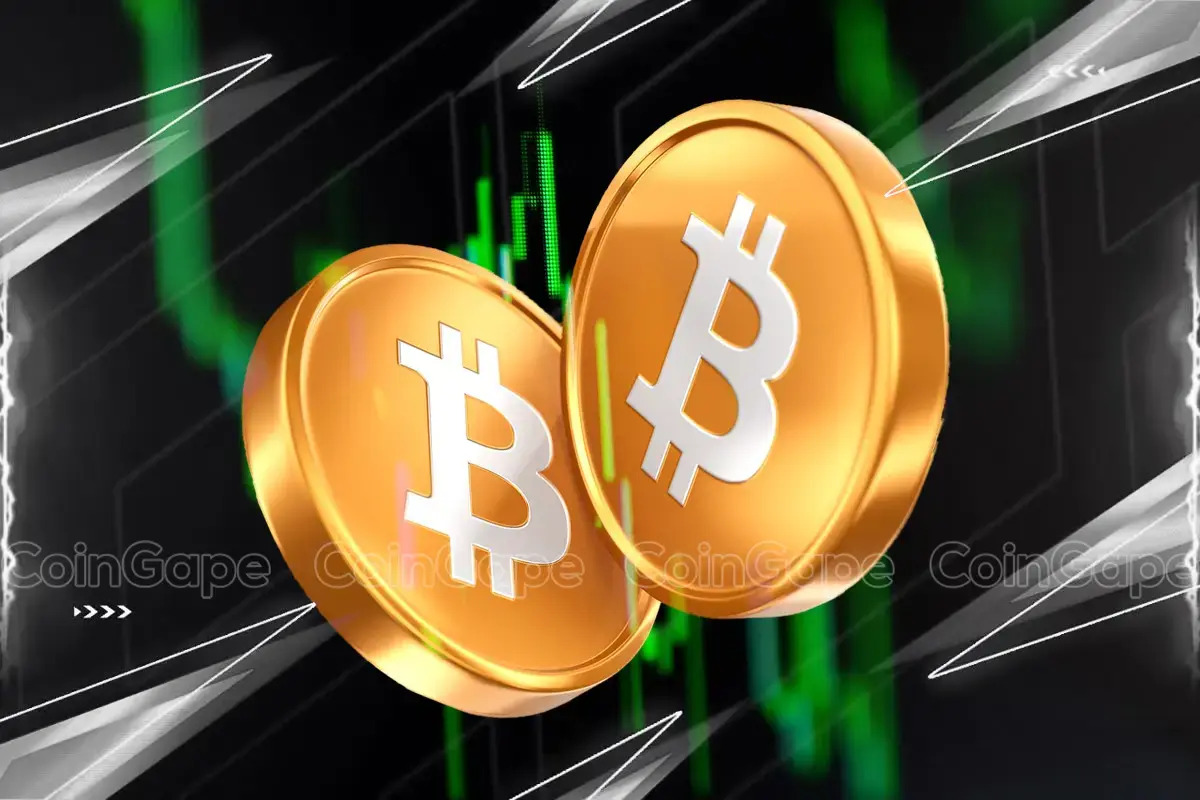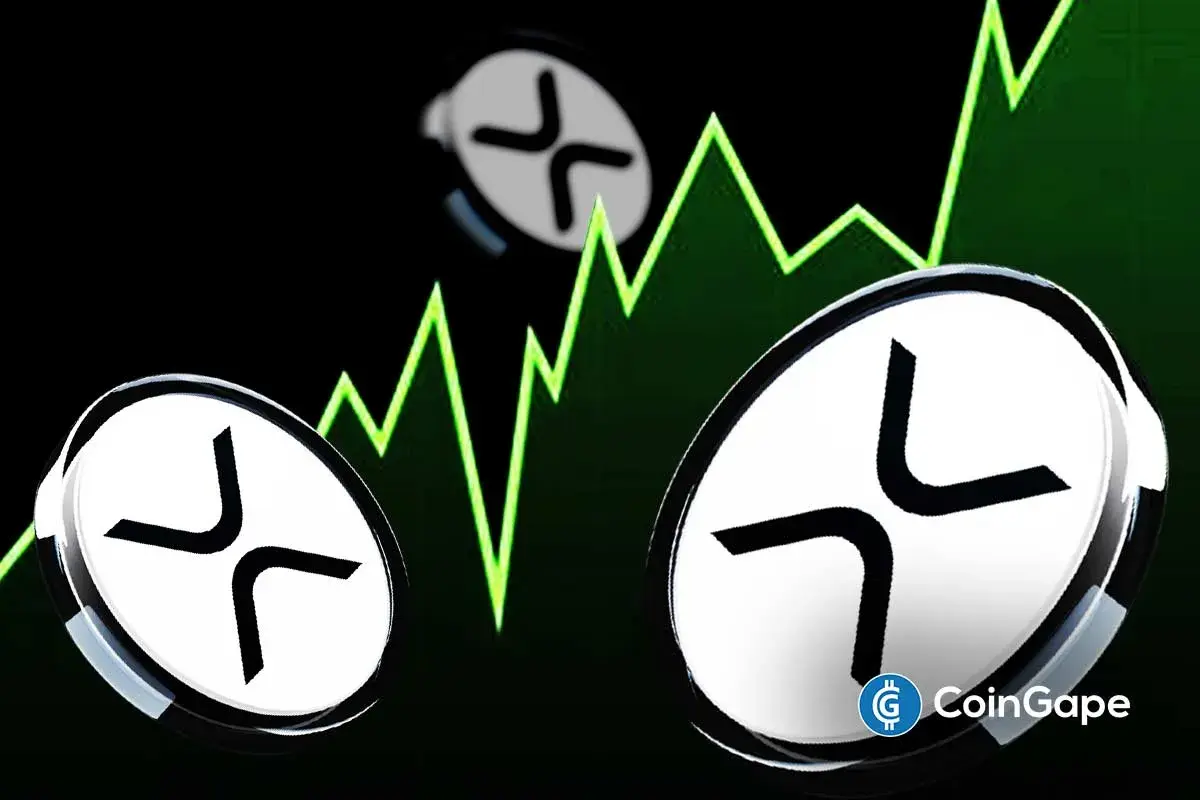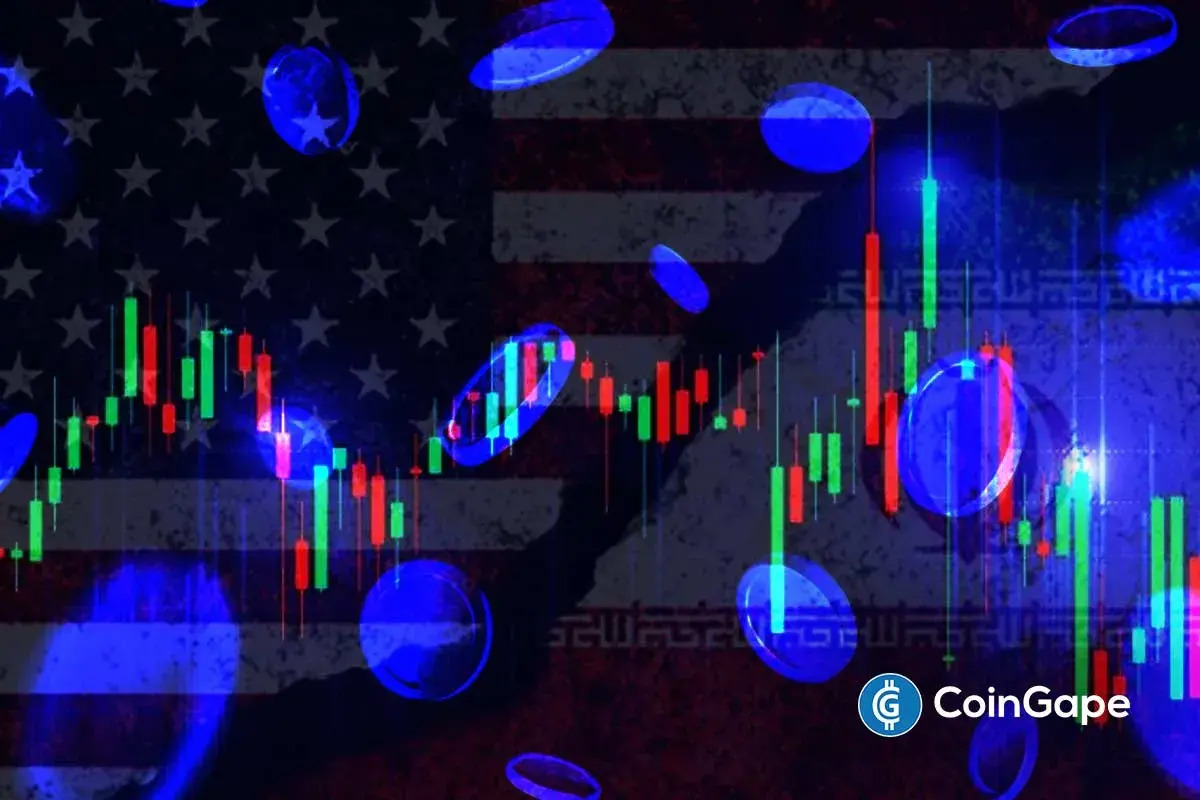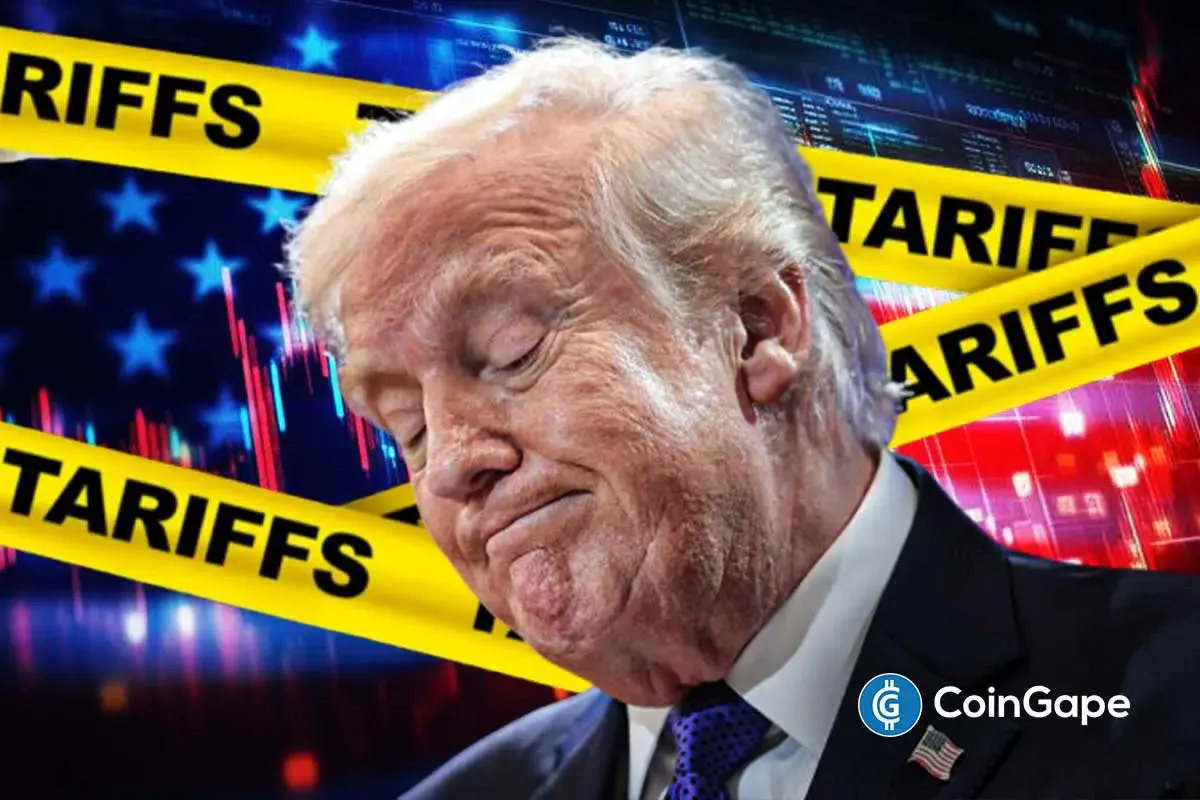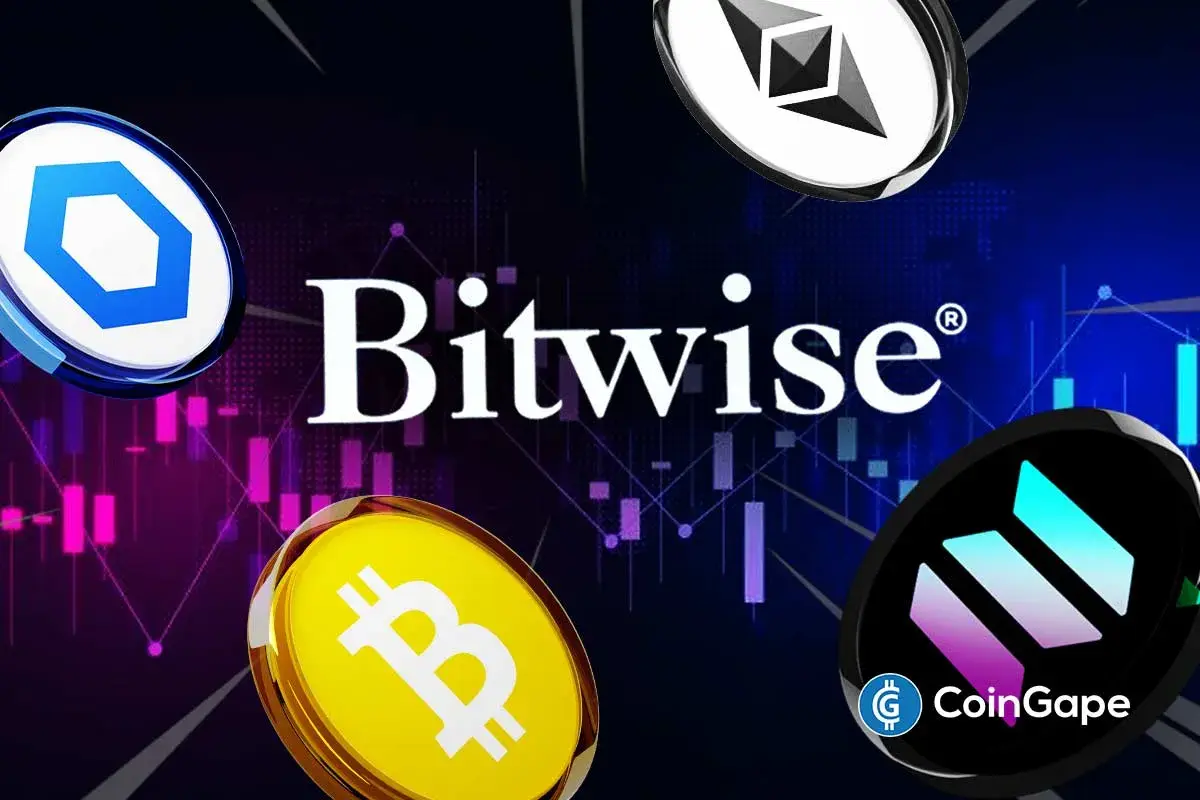Coinbase-backed Crypto Mixer Tornado Cash Loses Lawsuit Over US Sanctions

On Thursday, August 17, a federal judge denied a motion from crypto participants and giants like Coinbase which stated that the US Treasury was overboard in sanctioning the crypto mixing service provider Tornado Cash.
Judge Robert Pitman of the US District Court for the Western District of Texas has denied the requests for summary judgment from six individuals, including two Coinbase employees, alleging that the Treasury exceeded its authority in attempting to prevent financial transactions that benefit foreign terrorists.
The plaintiffs who filed the lawsuit, supported by Coinbase, claimed that the actions of the department affected innocent Americans who were using the private service for legal purposes. However, the judge chose to agree with the US Treasury’s decisions.
Tornado Cash Vs US Treasury
One year ago, the Treasury’s Office of Foreign Assets Control (OFAC) accused crypto mixer Tornado Cash of being involved in laundering over $7 billion worth of cryptocurrencies since its establishment in 2019. In response, the agency imposed sanctions on cryptocurrency wallets connected to Tornado Cash, as well as on related codes referred to as smart contracts.
Earlier in 2023, digital asset research company Chainalysis reported that it had connected almost $2 billion of cryptocurrency stolen in 2022 to North Korean hacking collectives. Furthermore, Chainalysis stated that these groups heavily depended on Tornado Cash for laundering the stolen funds.
In the recent ruling, the judge compared smart contracts with vending machines. The judge wrote: “This reinforces the Court’s point. Vending machines are examples of unilateral contracts. And like vending machines, a smart contract is a tool that carries out a particular, predetermined task. The fact that smart contracts do so without additional human intervention, like a vending machine, or that they are immutable, does not affect its status as type of contract and, thus, a type of property within the meaning of the regulation.”
- Expert Says Bitcoin Now in ‘Stage 4’ Bear Market Phase, Warns BTC May Hit 35K to 45K Zone
- Bitcoin Price Today As Bulls Defend $65K–$66K Zone Amid Geopolitics and Tariffs Tensions
- XRP Realized Losses Spike to Highest Level Since 2022, Will Price Rally Again?
- Crypto Market Rises as U.S. and Iran Reach Key Agreement On Nuclear Talks
- Trump Tariffs: U.S. Raises Global Tariff Rate To 15% Following Supreme Court Ruling
- Shiba Inu Price Feb 2026: Will SHIB Rise Soon?
- Pi Network Price Prediction: How High Can Pi Coin Go?
- Dogecoin Price Prediction Feb 2026: Will DOGE Break $0.20 This month?
- XRP Price Prediction As SBI Introduces Tokenized Bonds With Crypto Rewards
- Ethereum Price Rises After SCOTUS Ruling: Here’s Why a Drop to $1,500 is Possible
- Will Pi Network Price See a Surge After the Mainnet Launch Anniversary?







